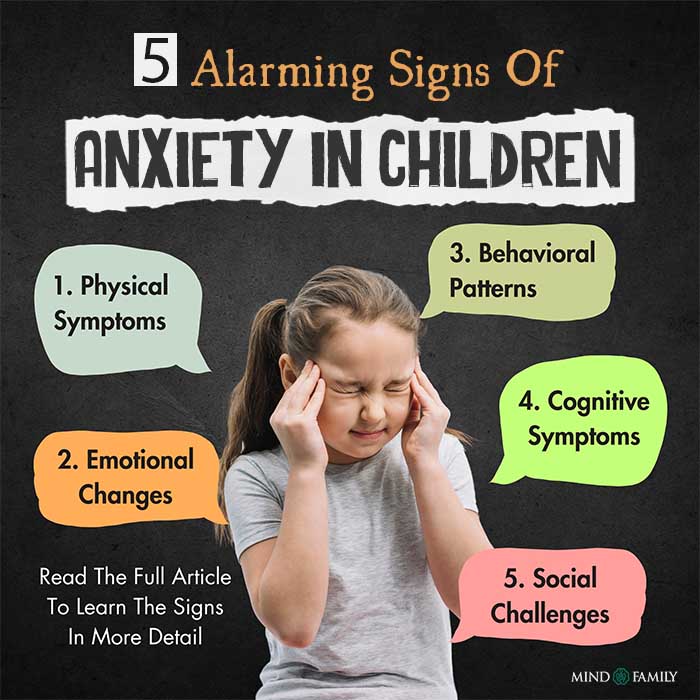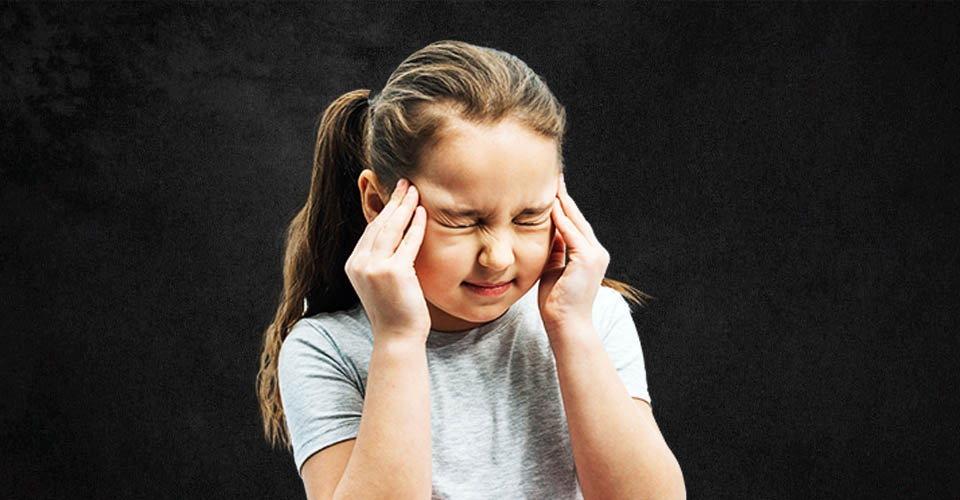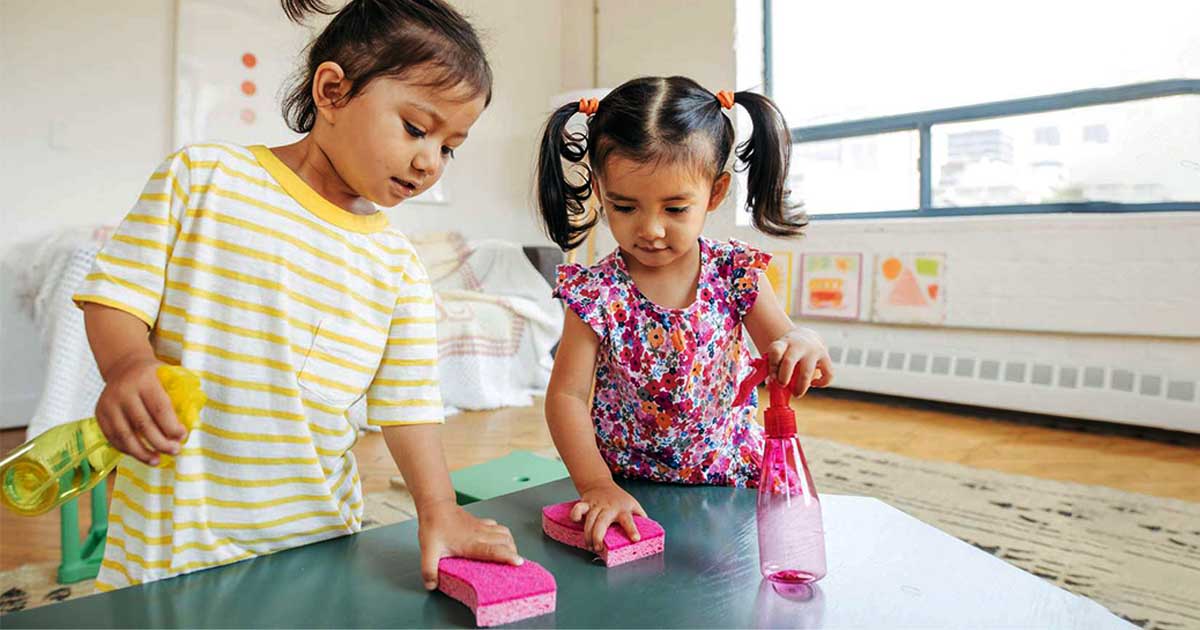Childhood anxiety is a common and often misunderstood issue that affects many families worldwide. It can manifest in various forms and impact children’s daily lives, from school performance to social interactions and overall well-being.
Recognizing the signs of anxiety in children and understanding its underlying causes is essential for providing effective support and intervention.
In this article, we’re going to dive into the five signs of anxiety in children that guardians should know, look at what is causing childhood anxiety, and offer evidence-based strategies for treatment and management.
Our goal in bringing up this topic is to make families and communities more capable of understanding and solving the problems that children with anxiety face.
Signs Of Anxiety In Children

Signs of anxiety in children can manifest in various ways, often presenting differently from adults. Understanding these signs is crucial for how to treat anxiety in children.
Research conducted by experts such as Dr. Golda S. Ginsburg and Dr. Wendy Silverman has identified several common signs of anxiety in children:
1. Physical Symptoms:
Children experiencing anxiety may exhibit physical symptoms such as stomachaches, headaches, muscle tension, or fatigue.
According to research by Ginsburg and Silverman (2017), these somatic complaints are common manifestations of anxiety in children and can often be mistaken for physical illnesses.
Persistent or unexplained physical symptoms, especially in the absence of medical causes, should prompt further exploration into potential underlying anxiety issues.
2. Emotional Changes:
Emotional changes, including excessive worry, fearfulness, irritability, or tearfulness, are hallmark signs of anxiety in children. Research by Dr. Anne Marie Albano has highlighted the significance of emotional dysregulation as a key feature of childhood anxiety disorders.
Children may struggle to articulate their feelings, leading to emotional outbursts or withdrawal. Recognizing and validating these emotions can facilitate open communication and support for the child’s mental health.
3. Behavioral Patterns:
Signs of anxiety in children often manifest through changes in behavior, such as avoidance of certain activities or situations, seeking reassurance excessively, or displaying clinginess.
Dr. Ronald Rapee’s research emphasizes the role of behavioral avoidance as a coping mechanism for managing anxiety in children.
Persistent patterns of avoidance or ritualistic behaviors, such as repeated checking or seeking constant approval, may indicate an underlying anxiety disorder requiring intervention and support.
4. Cognitive Symptoms:
Cognitive symptoms of anxiety in children can include difficulty concentrating, excessive worrying about future events, or catastrophic thinking. Dr. E. Jane Garland’s research underscores the impact of cognitive distortions on children’s anxiety levels.
These negative thought patterns can contribute to heightened anxiety and interfere with daily functioning. Recognizing cognitive symptoms allows for targeted interventions, such as cognitive-behavioral therapy, to challenge and modify maladaptive thinking patterns.
5. Social Challenges:
A kid’s ability to connect with others and build relationships can quickly go out the window when they’re dealing with anxiety. Dr. Wendy Silverman found that kids might be anti-social, find it hard to make friends or take criticism more personally when they’re anxious.
From school to after-school activities, there are plenty of places for kids to feel socially anxious in their day-to-day life. This could create a cycle of avoidance or a sense of isolation if not managed properly.
Addressing social difficulties means taking a customized approach fit for each child’s needs. Parents need to be able to spot these signs of anxiety early on in order to get them the help they need from mental health professionals.
Once they’ve got their support team together, utilizing evidence-based interventions can help reduce anxiety’s impact on a child’s overall well-being and development.
Read More: 5 Key Indicators of Children’s Mental Health Issues You Need To Be Aware Of!
What Causes Anxiety In Children
Anxiety in children can be caused by a variety of factors, including genetic predisposition, environmental stressors, traumatic experiences, and imbalances in brain chemistry.
Here are some key factors behind what causes anxiety in children:
1. Genetic Factors:
Children with anxiety often have a family history of the disorder. The genes in charge of neurotransmitter regulation influence brain chemistry and responses to stress.
Identifying these familiar predispositions can lead to early treatment, support, and coping strategies.
2. Environmental Stressors:
A child’s mental well-being depends on their home environment. High stress levels coming from parental conflict, abuse, neglect, or life-changing events like divorce can contribute to anxiety.
Acknowledging and addressing these problems is essential so kids have a supportive atmosphere to grow up in. Parental intervention—like family counseling—can help mitigate the impact of these factors.
3. Traumatic Experiences:
Events like accidents or a loss in the family can significantly affect a child’s mental health. Anxiety may be used as a way to cope with this trauma or respond to perceived threats.
Interventions like therapy will help children process and cope with these experiences before they become chronic anxiety disorders.
4. Biological Factors:
Imbalances in key transmitters—like serotonin and dopamine—can cause anxiety at a young age. Understanding how genetics influences brain chemistry is crucial for creating appropriate treatment plans.
Ongoing research will continue to shed light on how we can further help children struggling with this condition.
5. Personality Traits:
Some personality traits make kids more susceptible to anxiety than others do. Shyness, high sensitivity, and perfectionism could all be factors working against them,
Early recognition of these traits will allow parents and professionals time to develop effective coping mechanisms for when they inevitably face challenges related to anxiety.
6. Parenting Style:
The way you raise your child has a big role in shaping their emotional well being. Being too protective or constantly critical are both parenting styles that encourage anxiety.
Consistency and nurture foster security and reduce the odds of an anxiety disorder developing later on in life..
7. Social Factors:
Bullying, peer pressure, and isolation are all social dynamics that can lead to anxiety in children. Building strong social skills and positive relationships is important for emotional development.
Anti-bullying programs and social skill training will mitigate the impact these factors have on a child’s mental health.
8. Media Exposure:
Scary or violent media content can influence anxiety levels in children. Monitoring media exposure and talking about what they’ve been watching can help reduce potential negative effects.
It’s up to parents to protect their child from age-inappropriate content. Educating them about what’s right for their kid will prevent them from seeing something that could harm their mental health.
There are plenty of ways to deal with anxiety in kids, but it starts with early identification, proactive strategies, and a loving environment. With the right support system behind them, they’ll be ready to tackle life head-on.
Read More: What Is Childhood Trauma? 4 Signs of Lingering Childhood Hurt
How To Treat Anxiety In Children
Treating anxiety in children typically involves a combination of therapeutic approaches, parental support, and, in some cases, medication.
Drawing from research conducted by experts such as Dr. Golda S. Ginsburg, Dr. Anne Marie Albano, and Dr. Ronald Rapee, here are several effective strategies for addressing signs of anxiety in children:
1. Cognitive-Behavioral Therapy (CBT):
Often considered one of the best treatments for childhood anxiety disorders, CBT helps children learn coping skills and recognize irrational thoughts, according to Dr. Albano.
The structured therapy sessions with a trained professional work to get rid of harmful thought patterns and behaviors, which in turn reduce anxiety levels and improve day-to-day functioning.
2. Exposure Therapy:
Exposure therapy falls under the umbrella of CBT, and works by gradually introducing patients to their biggest fears or stressors in a safe environment — it’s as if they’re undergoing desensitization, says Dr. Rapee.
As kids are systematically exposed to what scares them most in life, they’ll eventually realize that their fear becomes less intense over time. This way, when faced with challenges later on, they can tackle them head-on with more confidence and strength.
3. Parental Involvement and Support:
Parents should be invested in their child’s journey toward overcoming anxiety because they play a crucial role in the process, says Dr. Ginsburg.
Learning about what anxiety disorders are exactly is just the start; parents must also be taught proper parenting strategies so that they can offer emotional support while reinforcing the skills learned during therapy at home.
By working closely as a team with mental health professionals who specialize in treating pediatric patients, parents can create an environment at home that supports their child’s emotional well-being even outside of scheduled appointments.
4. Mindfulness and Relaxation Techniques:
Managing symptoms of anxiety isn’t easy for kids — especially when they have little knowledge on how to cope with such overwhelming emotions
According to experts like Dr. Silverman, techniques such as deep breathing exercises, progressive muscle relaxation and mindfulness meditation help promote relaxation while reducing stress levels altogether..
By learning these exercises early on in treatment , children will become more capable of self-regulating their own emotions down the line — making it easier for them to cope with anxiety in the future.
5. Medication:
If all other treatments have been exhausted, the child may be prescribed medication for symptom management, Dr. Albano explains.
To reduce anxiety symptoms alongside therapy, selective serotonin reuptake inhibitors (SSRIs) like fluoxetine or sertraline are commonly used in children with anxiety disorders, she adds.
However, before prescribing SSRIs, a thorough evaluation of a child’s individual needs and circumstances is needed. And they should always be taken as per the careful monitoring of a qualified health care provider only.
By tailoring these approaches to the child’s specific needs and preferences, you can optimize treatment outcomes for childhood anxiety disorders.
For comprehensive interventions in children with anxiety disorders, close collaboration between mental health professionals, parents and educators is crucial.
A Word From Mind Family
It’s important for families to spot the signs of anxiety in children early on. By understanding what causes anxiety in children and trying different ways to help, families can give their kids the best support.
Whether it’s talking to someone who understands, practicing relaxation exercises, or sometimes taking medicine, there are ways to make things better.
Let’s all work together to make sure kids with anxiety get the help and support they need. By being there for them and trying different ways to help, we can make a big difference in their lives.
Mind Family is here to help you meet all your parenting needs!
Frequently Asked Questions (FAQs)
1. What causes anxiety in children?
Understanding what causes anxiety in children is crucial for its treatment. It can stem from genetic predispositions, environmental stressors, traumatic experiences, and imbalances in brain chemistry.
2. What are the signs of anxiety in children?
Signs of anxiety in children include physical symptoms like stomachaches, emotional changes such as excessive worry, behavioral patterns like avoidance, cognitive symptoms like difficulty concentrating, and social challenges like withdrawal.
3. How to treat anxiety in children?
Anxiety in children can be treated through approaches such as cognitive-behavioral therapy (CBT), exposure therapy, parental support, mindfulness techniques, and, in some cases, medication prescribed by healthcare professionals.


















Leave a Reply